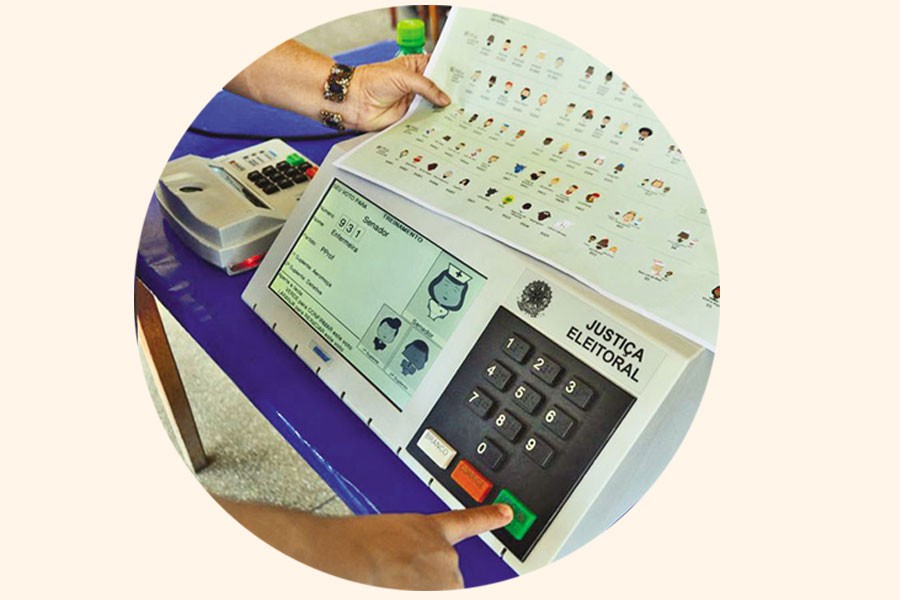
Published :
Updated :

The Anti-Corruption Commission, or ACC, says it will investigate why experts, including Muhammad Zafar Iqbal, had previously endorsed electronic voting machines, or EVMs, that are now facing allegations of being substandard and wasting public funds.
ACC Director General (Prevention) Md Akhtar Hossain shared the development with journalists on Monday after inspecting the machines at the Election Commission’s headquarters.
“It appears necessary to bring to light the basis on which renowned experts like Muhammad Zafar Iqbal found these machines suitable for elections,” he said.
On Sunday, the national anti-graft agency launched an enforcement drive, during which it reviewed relevant records and found the machines stored at the Election Commission’s headquarters, 10 regional offices, and the Bangladesh Machine Tools Factory, or BMTF.
Akhtar highlighted that 1,599 machines were missing, and the ones found were left in a state of neglect.
Of the 618 machines stored at the Election Commission's headquarters, a few were tested for their operational capacity through random selection.
The testing revealed defects, suggesting that the machines were of substandard quality.
Experts present with the ACC team also confirmed that the machines were not of acceptable standards.
The official added that after examining the relevant records collected during Sunday’s drive, the enforcement team would submit a comprehensive report.
Since the introduction of EVMs over a decade ago, debates over their use in elections have raged in Bangladesh's political arena.
While the Awami League government was in favour of using EVMs, the BNP strongly opposed them.
The party leaders alleged that the machines create ample opportunities for vote manipulation.
Although EVMs were used in several elections under the Awami League administration, the Election Commission, headed by Kazi Habibul Awal, evaluated the machines to assess the feasibility of their usage after taking charge in 2022.
In May of that year, the EC engaged a group of technology experts, including Prof Zafar Iqbal and Prof AKM Kaykobad from Bangladesh University of Engineering and Technology, or BUET, Department of Computer Science and Engineering, to evaluate the machines and secure their endorsement for election use.
Following a demonstration of the machines, both Zafar Iqbal and Kaykobad argued in favour of using EVMs in the polls during a meeting with the EC on May 25, 2022.
Prof Zafar said, “We have observed the entire EVM demonstration, delved into its intricacies and technical aspects, and even examined the internal mechanics of the machine. I am convinced. It is an excellent machine.”
He also urged the political parties opposing EVMs to reconsider and support the use of the technology.
Prof Kaykobad also vouched for the machines. “Every component of this machine is customised in a way that prevents any unauthorised changes.
“Although no machine can be completely trusted, this system leaves no room for manipulation at the machine level.”
The then chief election commissioner Habibul Awal called on political parties to trust the opinions of the experts and support the use of EVMs in elections.
The commission had initially planned to use EVMs in at least 150 constituencies in the 12th general election.
However, the plan was shelved after the previous administration declined to approve a proposal for procuring 200,000 new EVMs.


 For all latest news, follow The Financial Express Google News channel.
For all latest news, follow The Financial Express Google News channel.